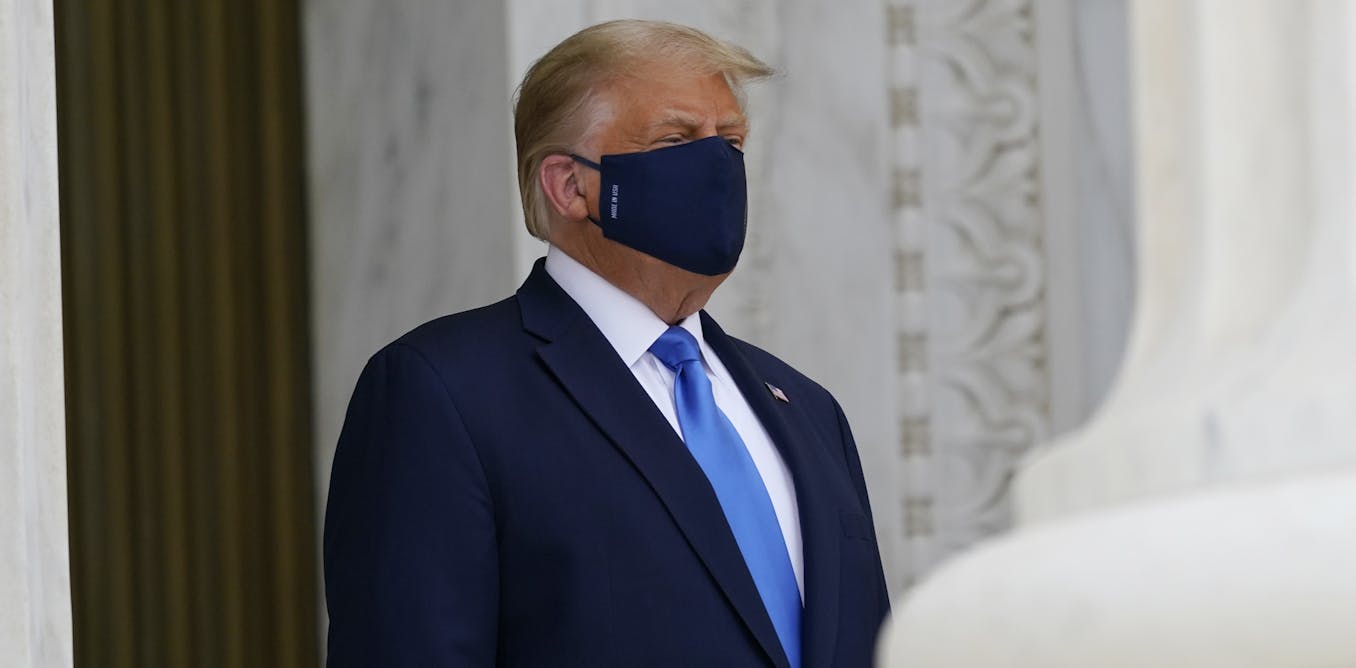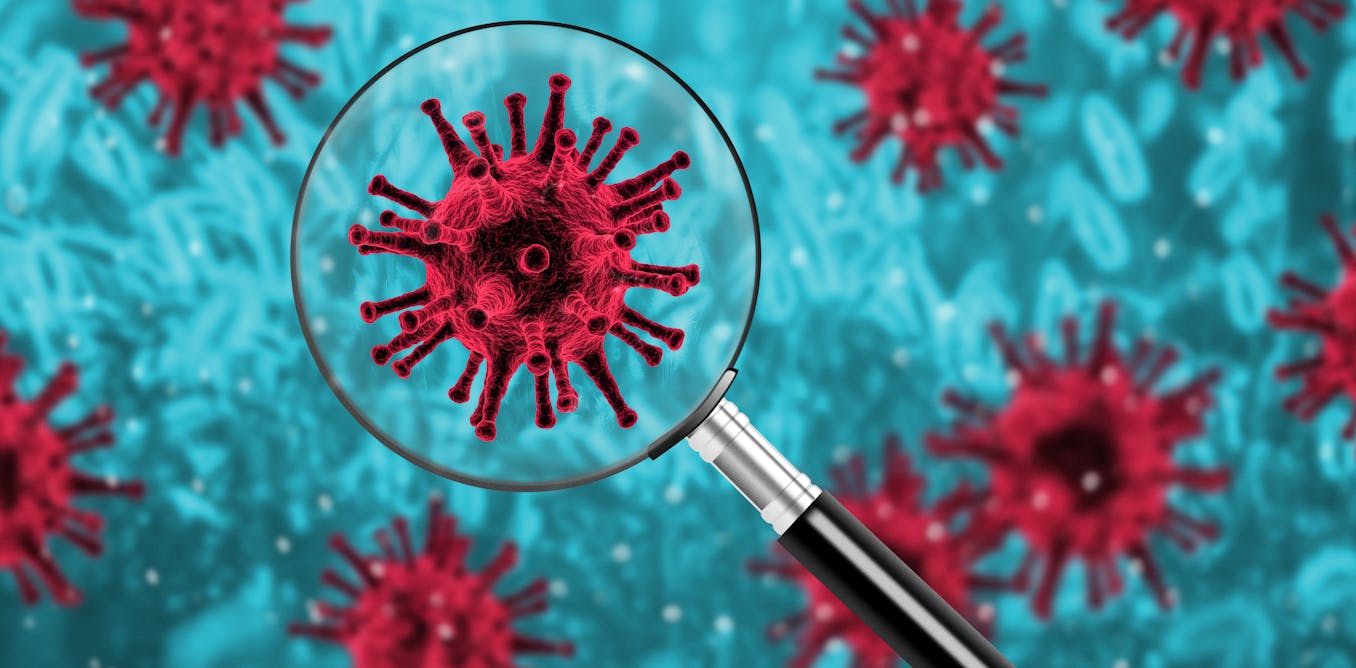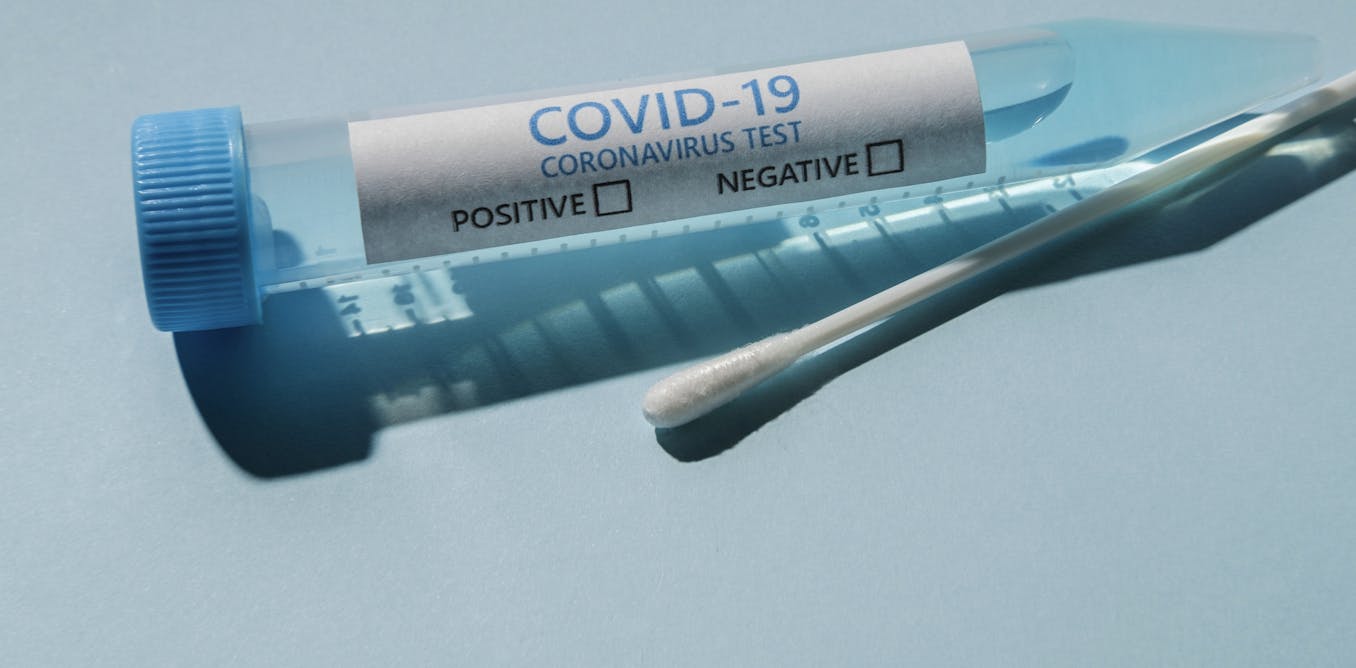Older people like President Trump are at more risk from COVID-19 because of how the immune system ages
Older coronavirus patients face grimmer outlooks. A virologist explains the aging-related changes in how immune systems work that are to blame.
Brian Geiss, Associate Professor of Microbiology, Immunology & Pathology, Colorado State University •
conversation
Oct. 2, 2020 • ~7 min
Oct. 2, 2020 • ~7 min




